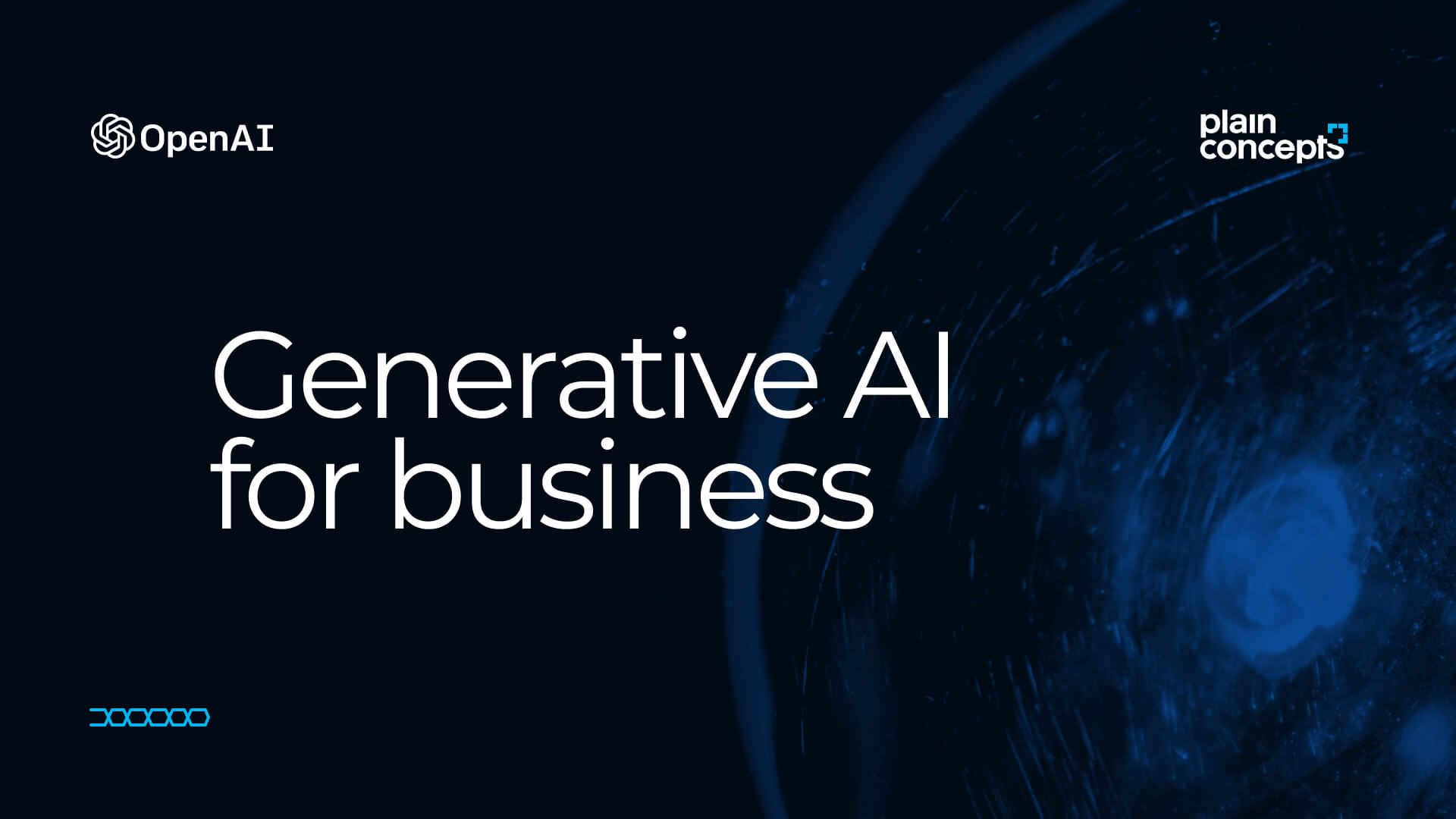
Weekly Roundup: The Business Landscape of AI
As we reflect on the latest developments in AI and its intersection with business, the buzz around mergers and acquisitions (M&A) is palpable. 2024 has witnessed a surge in interest for companies navigating the evolving AI landscape, with heightened scrutiny on data practices and regulatory frameworks shaping the future of the industry.
Dirty Data Damaging Deals
In our first highlight this week, the focus is on the implications of data collection and management in the realm of AI M&A. The Federal Trade Commission (FTC) has recently clamped down on companies for deceptive practices enabled by AI. Notably, a case against Rite Aid Corporation demonstrates how the misuse of facial recognition technology led to significant regulatory repercussions. The FTC ordered the deletion of all consumer data collected without adequate safeguards, showcasing the importance of compliance in AI practices.
 Stricter scrutiny in AI-driven mergers and acquisitions.
Stricter scrutiny in AI-driven mergers and acquisitions.
With regulators tightening their grip, buyers in the market are now meticulously evaluating data hygiene before proceeding with acquisitions. Issues surrounding data misuse, especially concerning customer consent and privacy laws, are raising alarms among potential investors. The consequences of “algorithmic disgorgement” - having to delete improperly collected data - could adversely affect a target company’s value, resulting in delays and possibly derailing deals altogether.
Key Considerations for Buyer Diligence:
- Breach of Contract: Understanding customer consent regarding data usage in AI training.
- IP Infringement: Ensuring models do not violate copyright laws.
- Privacy and Data Protection: Confirming compliance with regulations such as GDPR and CCPA.
- Other Regulations: Navigating specific AI regulations and cross-border data policies.
Generative AI’s Evolving Role in Business
Shifting gears, let’s explore how generative AI is transforming business applications. Just over two years after the debut of OpenAI’s ChatGPT, companies increasingly adopt generative AI, discovering myriad practical applications ranging from chatbots to document summarization. However, while executives express optimism about the potential of AI, evidence reveals a mixed return on investment.
A recent study by Kyndryl revealed that while almost three-quarters of Canadian executives are investing in generative AI, only 41% report positive returns. This statistic underscores the challenges and high costs associated with developing robust AI models. As companies navigate the generative AI landscape, an emphasis on piloting projects reveals the cautious optimism within corporate corridors.
 Generative AI is being piloted across various sectors.
Generative AI is being piloted across various sectors.
Bill McDermott, CEO of ServiceNow, recently emphasized the transformative potential of AI in a conference held in Toronto, promoting a vision where businesses can finally realize long-awaited capabilities. However, as many organizations grapple with the reality of ambitious costs and insubstantial returns, it becomes clear that the journey towards widespread productivity may be gradual and nuanced.
Conclusion
As we navigate these transformative times in AI, it is crucial for companies engaged in AI-related M&A to maintain good data hygiene and understand regulatory expectations. In parallel, as generative AI gains traction in businesses, organizations must develop clear strategies to leverage this technology effectively while managing inherent risks. The conversation surrounding AI is only just beginning, and its continued evolution will shape the business landscape in the years to come.
The future of AI and business is interwoven with opportunity and caution.















